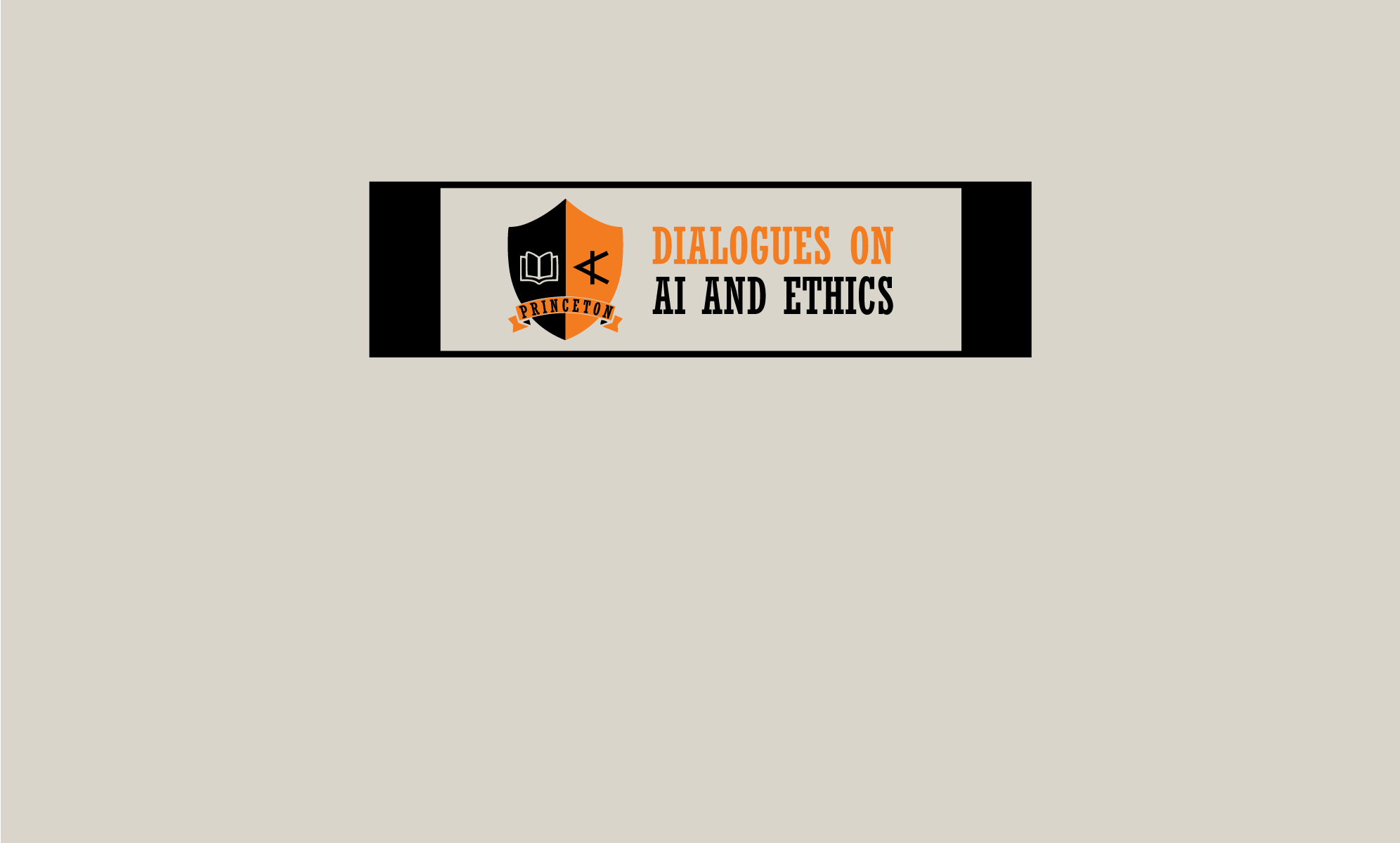Ethical Action in Global Research
Case examples.
- Global Research
- Ethical Stories
In reviewing case studies and examples brought to our workshops by researchers, it is clear that:
Ethical issues in global research are extremely complex.
Solutions are rarely simple or perfect. They need to be contextually relevant if they are to work.
It may be that a ‘fully worked’ solution is not clear but that parts of the solution will give enough traction to begin a process of resolution.
Different individuals and different groups often come to different conclusions. Both may follow a principled stance but make different justifiable choices at a number of decision-making points. Some solutions might be a better fit for different research teams, depending on the skills and expertise of each member.
Ethical decision making is more than following a set of rules. It should be about being open to exploring a range of possibilities, each of which may be ethical but may have different implications and may have different pragmatic constraints.
Ethical issues emerge across all stages of the research journey and may change over time.
Helpful questions in finding a solution include:
- What might have pre-empted the issue (this is relevant to future proofing)?
- What were the early warning signs?
- How could key issues be assessed once they have arisen?
- What should be the immediate response?
- What should be the follow-up response at each subsequent stage of the research journey?
Case Analysis Template
We have developed a template to help your team analyse ethical conflicts and look for solutions. This template highlights the importance of considering all phases of the research journey. It also highlights the importance of considering Place, People, Principles and Precedent both in the analysis and in the search for solutions.
Please see the case examples below. We do not claim that these examples are applicable to different contexts. We know that ethical conflicts need to be analyzed according to their own context. What works in one place can be disastrous in another.

Case Study 1
- Read more about Case Study 1
Case Study 2 and 3 (Paper: COVID-19)
In this paper we offered two case analyses to exemplify the utility of the toolkit as a flexible and dynamic tool to promote ethical research in the context of COVID-19.
The paper was published as: Clara Calia , Corinne Reid , Cristóbal Guerra , Abdul-Gafar Oshodi , Charles Marley , Action Amos , Paulina Barrera & Liz Grant (2020): Ethical challenges in the COVID-19 research context: a toolkit for supporting analysis and resolution, Ethics & Behavior, DOI: 10.1080/10508422.2020.1800469
- Read more about Case Study 2 and 3 (Paper: COVID-19)
Case Study 4: Facing an ethical breach
- Read more about Case Study 4: Facing an ethical breach
Case Study 5: Protecting vulnerable groups (in English and Spanish)
Case 5 (en Español) Case 5
- Read more about Case Study 5: Protecting vulnerable groups (in English and Spanish)

Case Study 6: Data interpretation and consent
- Read more about Case Study 6: Data interpretation and consent
Case Study 7: Consent
- Read more about Case Study 7: Consent
Case Study 8: Research project development and engaging communities
- Read more about Case Study 8: Research project development and engaging communities
Share this page

Princeton Dialogues on AI and Ethics
Princeton University
Case Studies
Princeton Dialogues on AI and Ethics Case Studies
The development of artificial intelligence (AI) systems and their deployment in society gives rise to ethical dilemmas and hard questions. By situating ethical considerations in terms of real-world scenarios, case studies facilitate in-depth and multi-faceted explorations of complex philosophical questions about what is right, good and feasible. Case studies provide a useful jumping-off point for considering the various moral and practical trade-offs inherent in the study of practical ethics.
Case Study PDFs : The Princeton Dialogues on AI and Ethics has released six long-format case studies exploring issues at the intersection of AI, ethics and society. Three additional case studies are scheduled for release in spring 2019.
Methodology : The Princeton Dialogues on AI and Ethics case studies are unique in their adherence to five guiding principles: 1) empirical foundations, 2) broad accessibility, 3) interactiveness, 4) multiple viewpoints and 5) depth over brevity.

COMMENTS
Case Examples. In reviewing case studies and examples brought to our workshops by researchers, it is clear that: Ethical issues in global research are extremely complex. Solutions …
Below are the key lessons learned from our research, along with a brief overview of IBM's historical journey towards ethical technology. 1. Trusting your employees to think and …
By situating ethical considerations in terms of real-world scenarios, case studies facilitate in-depth and multi-faceted explorations of complex philosophical questions about what is right, good and feasible.
Ethics in Media, Technology, and Design: Case Studies. Technological evolution happens at a break-neck pace and widespread adoption of emerging technologies often …
Find ethics case studies on bribery, sourcing, intellectual property, downsizing, and other topics in business ethics, corporate governance, and ethical leadership. (For …
Case and Commentary. Sep 2024. According to Which Criteria Should We Determine Whether and When IACUCs Are Sufficient for Protecting the Welfare of Nonhuman Animals Used in Research? Peter John, MD, PhD. Nonhuman …
A two-way dialogue needs to be more cohesively established to ensure clinical practice is guided by ethical principles and to focus academic debate towards the pragmatic …
To achieve this end, they developed this casebook, dividing it into segments covering eight previously established principles in the ethics of research conduct: 1. collaborative partnership; …